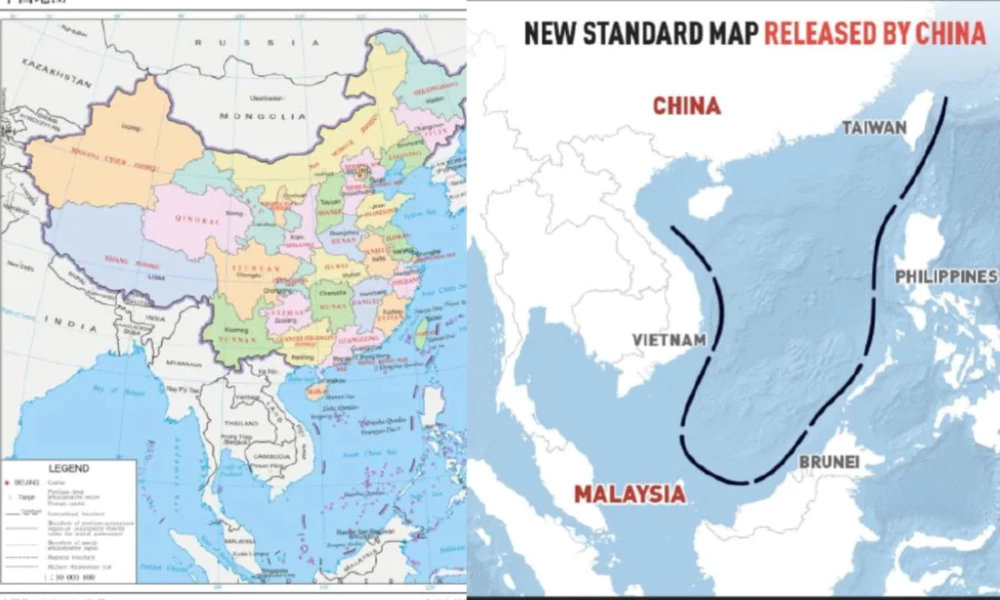ALOR STAR: Malaysia must be united in persistently voicing its objections against China’s ongoing attempts to challenge the country’s sovereignty in the South China Sea territorial dispute.
Universiti Utara Malaysia (UUM) maritime affairs and law expert Associate Professor Dr Mohammad Zaki Ahmad said peaceful handling of the situation must remain a priority.
“The core pillar of Malaysia’s foreign policy in dealing with the South China Sea disputes remains an unwavering commitment toward fostering peaceful resolution and stability through diplomatic means.
“Given the complexity of the disputes, involving multiple claimants and diversity of national interests, the main goal at this moment is to manage the disputes from escalating into armed conflict,” he told the New Straits Times when contacted.
Zaki, who is also UUM’s Asian Institute of International Affairs and Diplomacy (AIIAD) director, cautioned against premeditated aggressive actions and warned that such actions by confrontational parties could lead to military confrontations.
He said adopting a code of conduct and exercising restraint among all disputing parties is crucial.
“Without restraint on such actions, there is a potential for these conflicts to escalate into potentially devastating military confrontations,” he added.
Zaki lauded the government’s move to issue a formal protest to China on August 30.
“Malaysia’s swift rebuttal of the 2023 China Standard Map is commendable, as it is well within its rights to defend its maritime jurisdictional claims and sovereign rights in certain portions of South China sea, as delineated by the Malaysia New Map 1979.
“This swift reaction also marks a departure from its previous practices, signalling Malaysia’s willingness to adopt a more proactive approach rather than cautious when responding to China’s assertive actions in the South China Sea,” he added.
On August 30, the Foreign Ministry unequivocally stated that Malaysia does not consider China’s map to possess any legally binding force.
The 2023 China Standard Map issued by the country’s Ministry of Natural Resources includes a significant portion of Malaysian waters near Sabah and Sarawak, as well as various regions in India claimed by China.
Released on Aug 28 in conjunction with China’s National Mapping Awareness Week and Survey and Mapping Publicity Day, the 2023 China Standard Map also incorporates disputed areas, including claims over Arunachal Pradesh, the Aksai Chin region, Taiwan, and the South China Sea.
It also includes maritime areas within Malaysia’s exclusive economic zone near Sabah and Sarawak, Brunei, the Philippines, Indonesia, and Vietnam.
Meanwhile, Zaki called for such diplomatic protests to become the norm rather than the exception, as they align with international law.
“Without a sustained protest or explicit disagreement, Malaysia’s legal claims and rights could be exposed to challenge from the unilateral actions of China or any other claimants,” he added.
Commenting further, Zaki emphasised that promoting national unity among all groups is paramount when it comes to addressing sovereignty and territorial disputes.
“A unified citizenry, focused on a shared goal of safeguarding national sovereignty, diminishes likelihood of internal strife. This is especially important when confronted with external pressure or internal dissent concerning sovereignty matters.
“By championing national unity, the government can place itself to readily confront the challenges presented by sovereignty and maritime territorial disputes,” he added.
Source : News Straits Times


